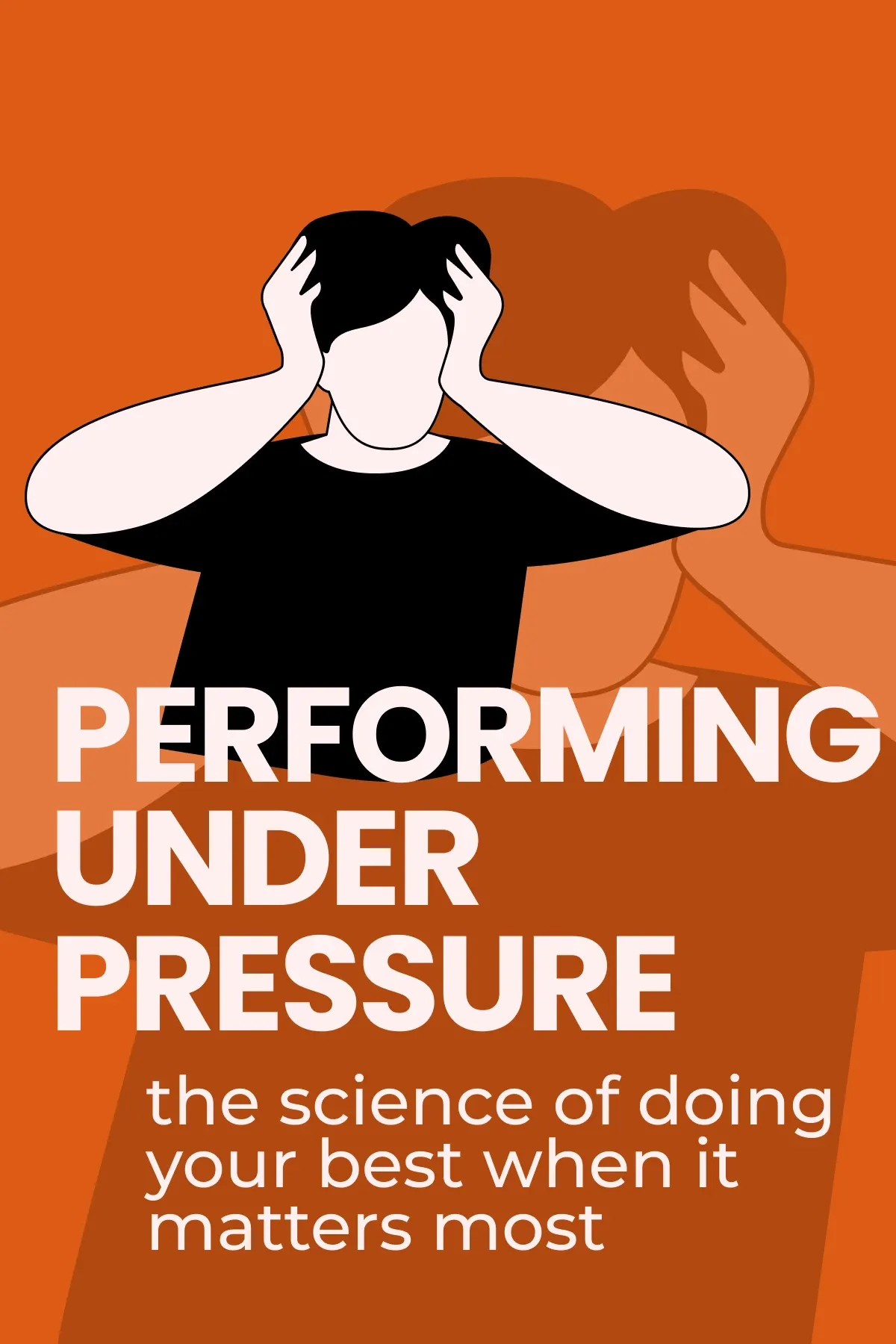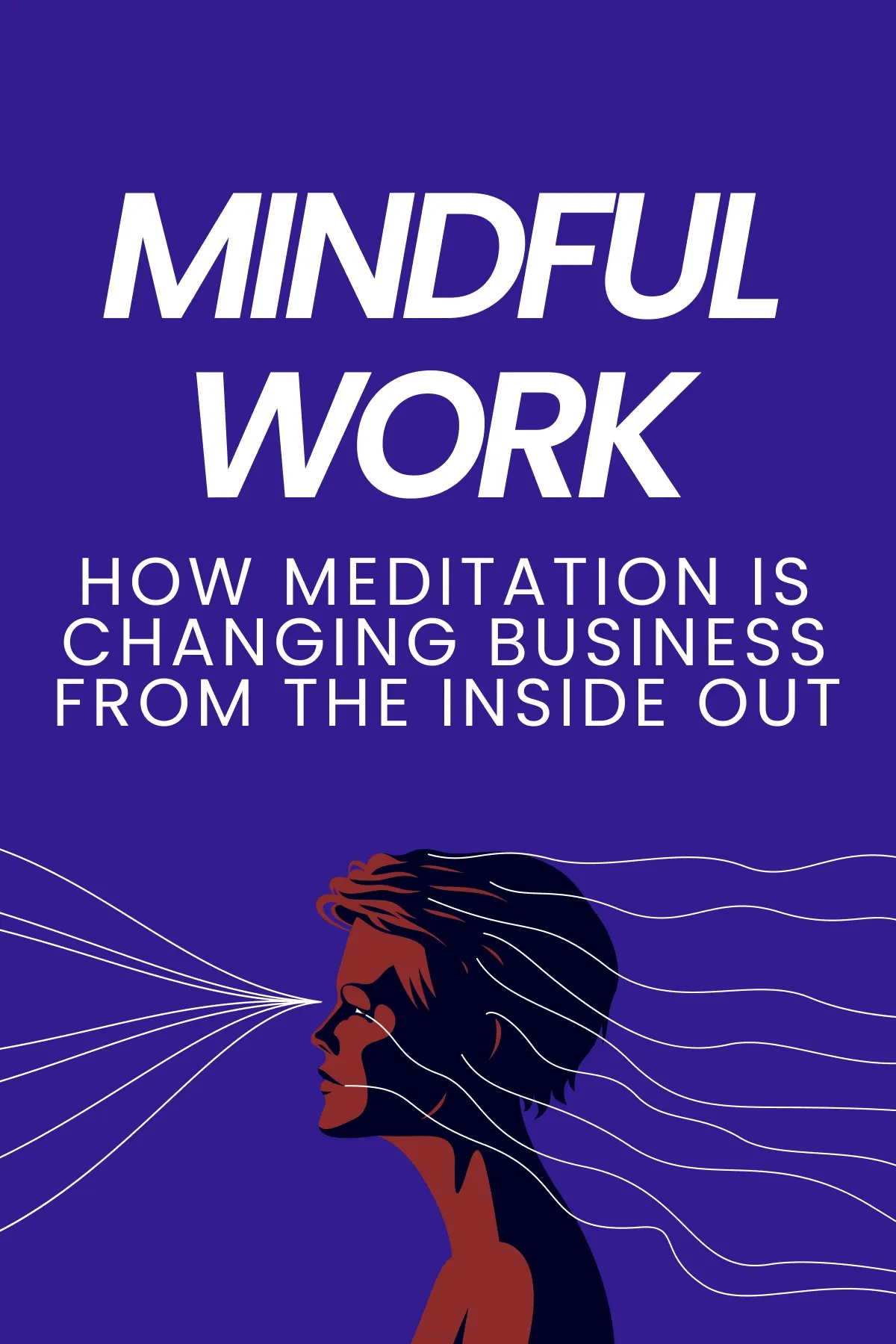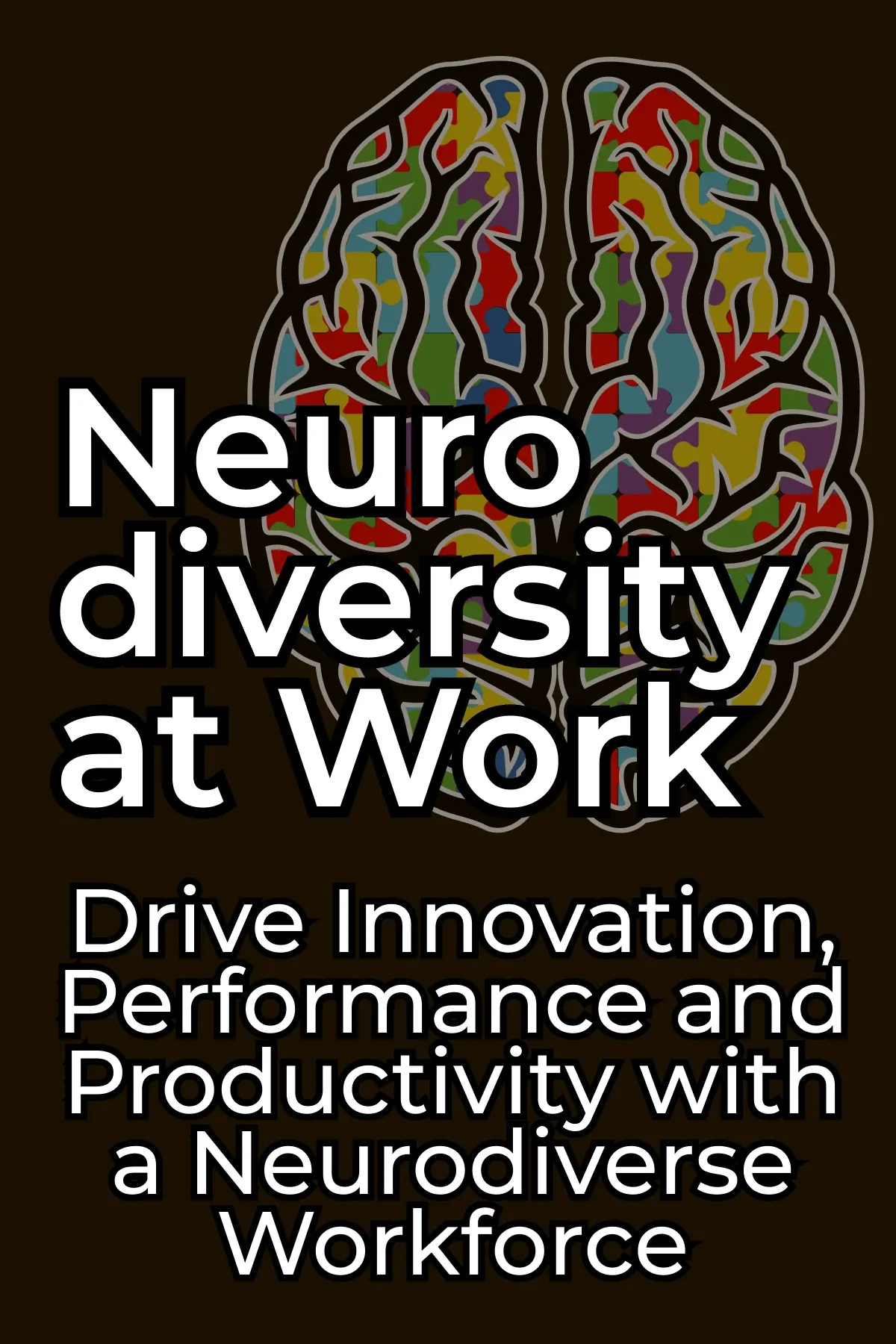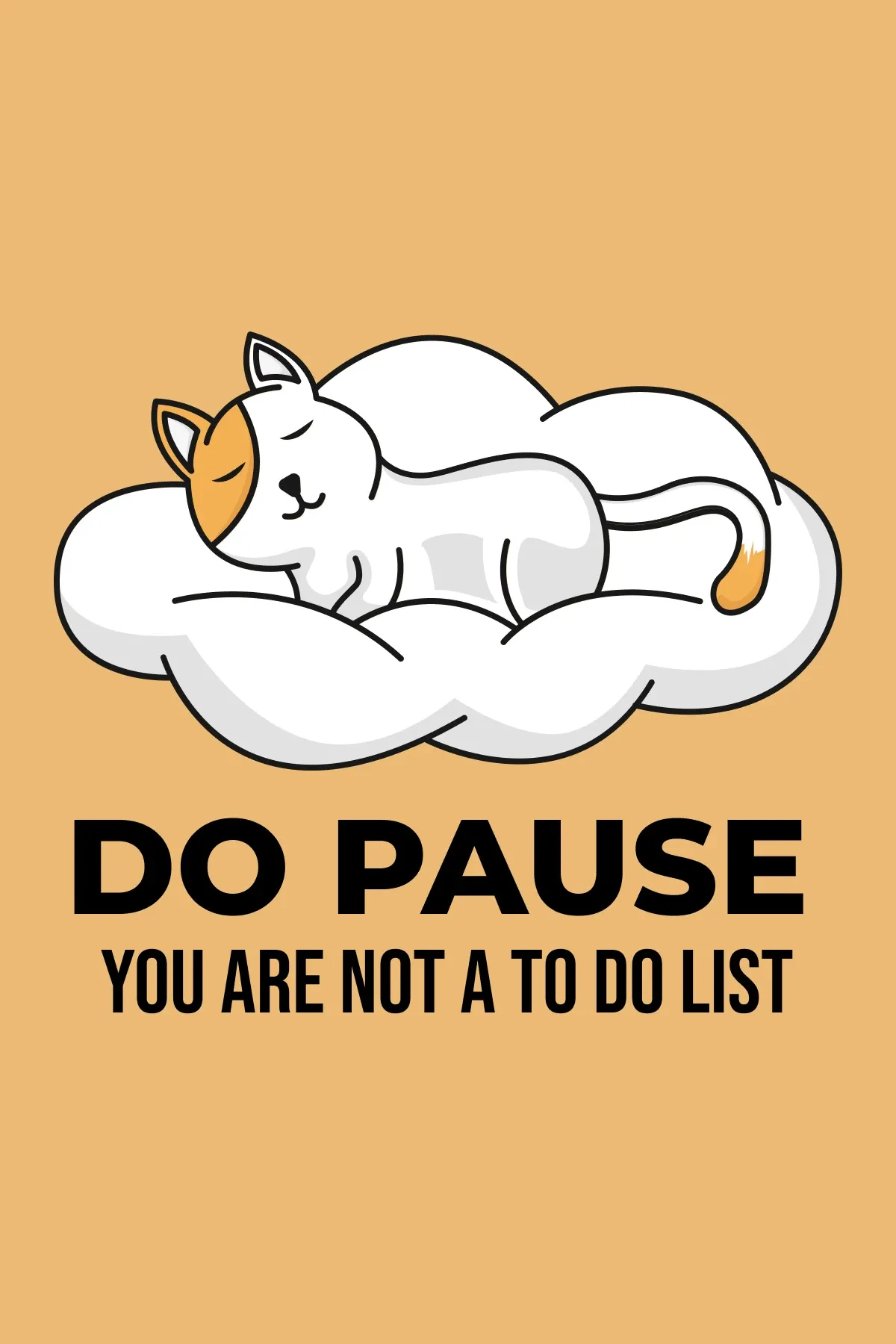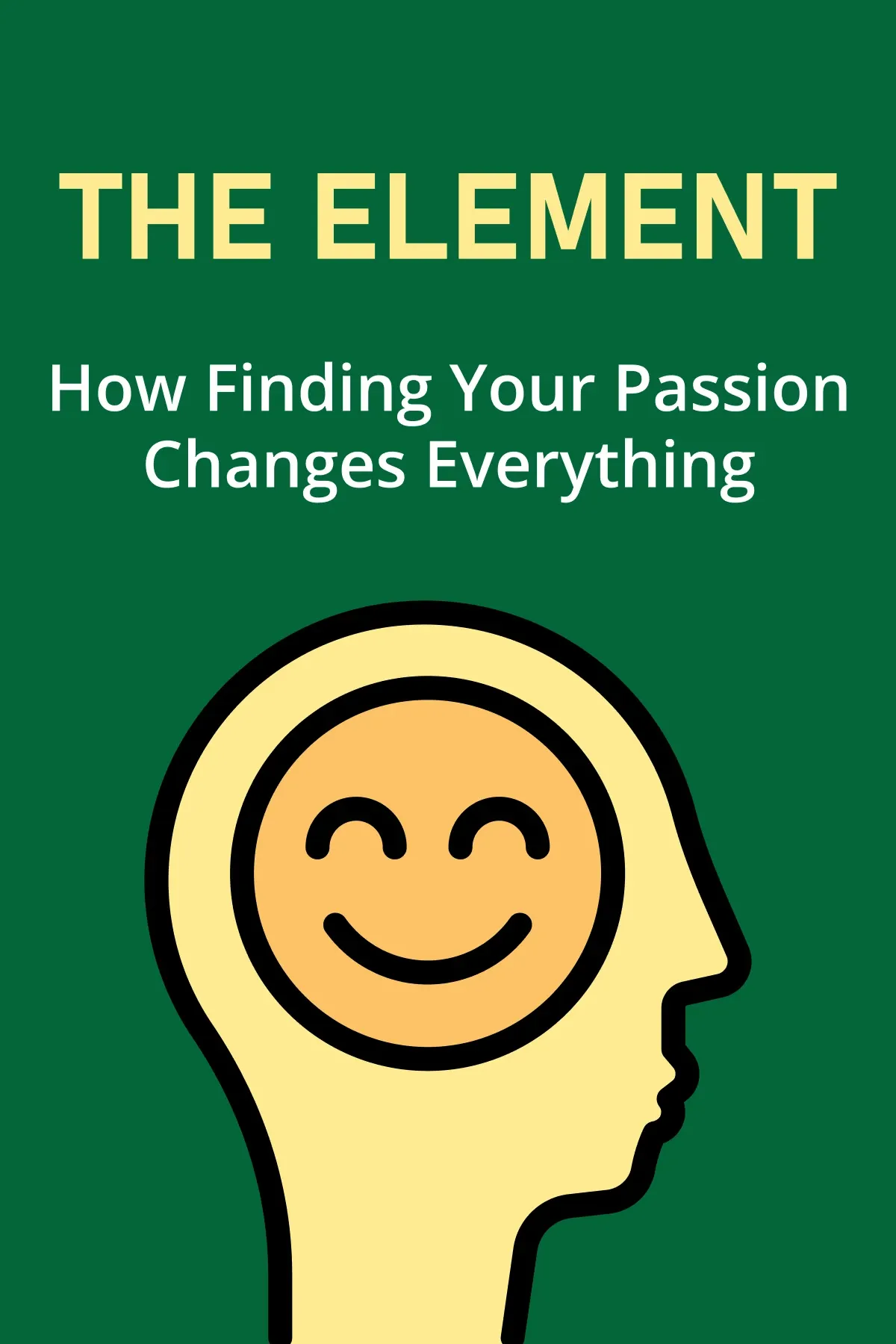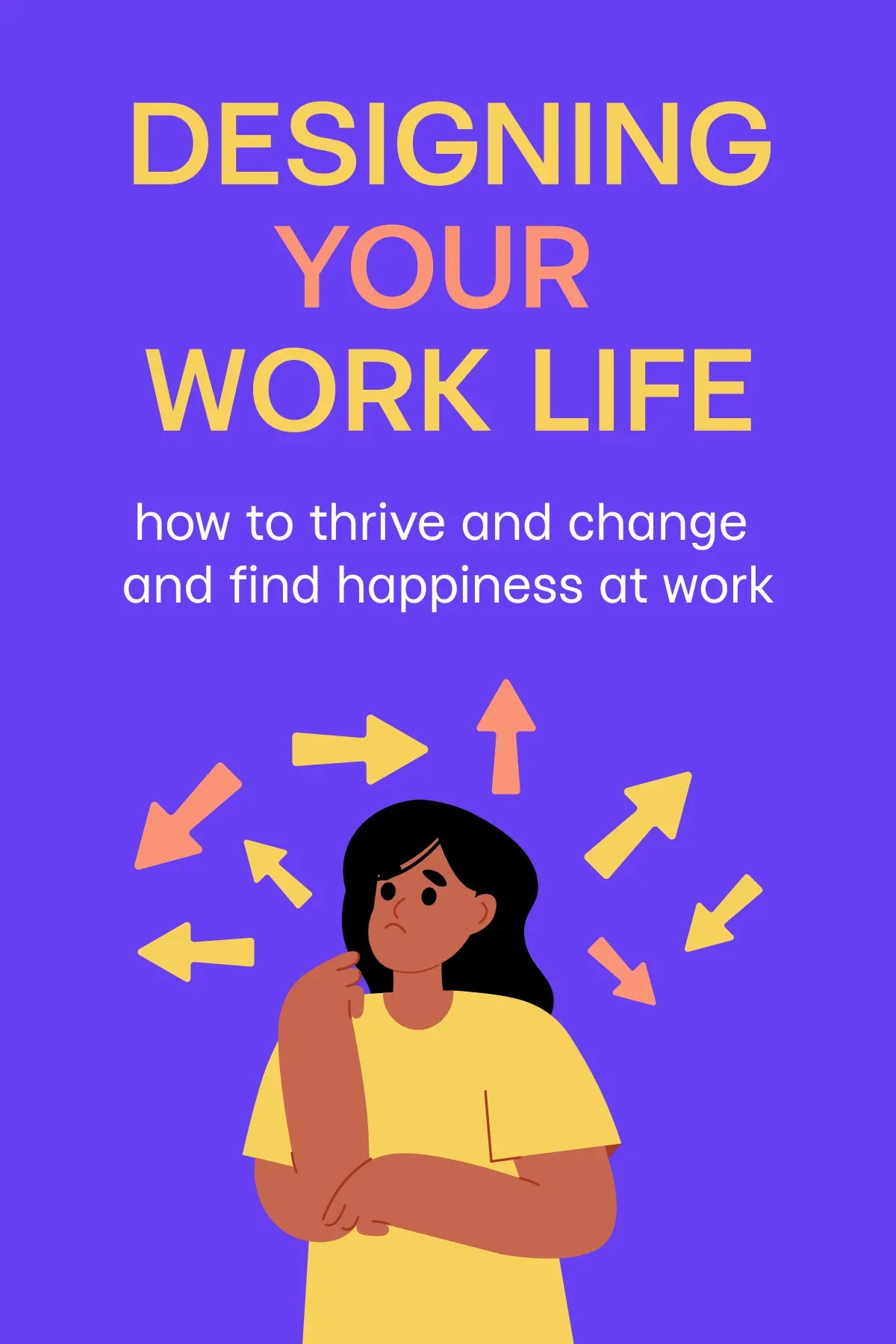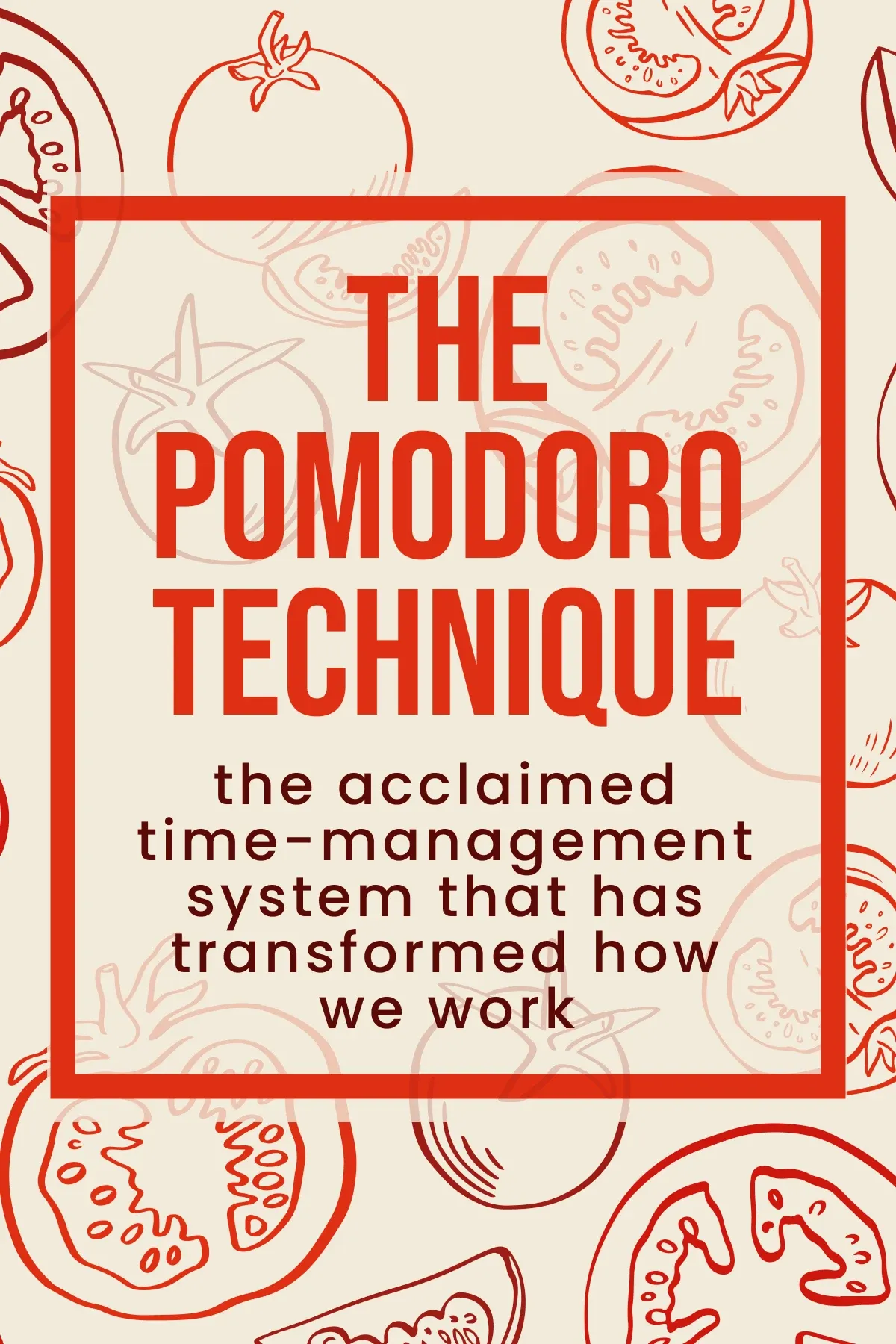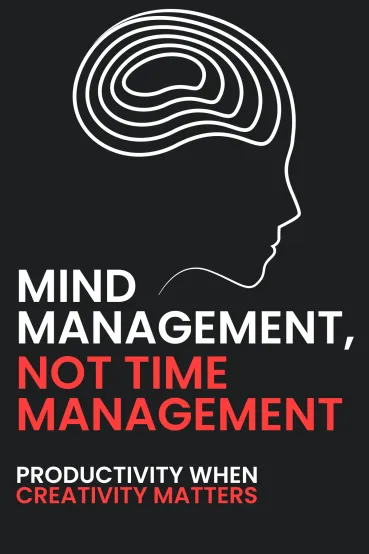
Mind Management, Not Time Management
Brief Summary
“Mind Management, Not Time Management: Productivity When Creativity Matters” by David Kadavy presents a powerful argument for creative productivity, which isn’t focused on the amount of time but on the state of mind. You will find out why the results of your work depend on your mindset and how you can get the best creative outputs using this approach.
Key points
Key idea 1 of 9
For many of us, time management is an integral part of life. Everyone has heard phrases like "Time is money" or "Everyone has twenty-four hours in a day." We live in a world where time is one of the greatest values, and everyone strives to be as productive as possible in work, study, or any other area of life.
Time management takes its roots in the Taylorism system. Frederick Taylor, the founder of it, sought to optimize work at his factory as much as possible. He took a stopwatch, approached the worker, and recorded all the movements. Taylor would then create the perfect combination of moves to move the iron in the shortest possible time. So, he managed to increase productivity at his factory. Since then, these ideas have been borrowed by other employers, and eventually, the concept of time management appeared.
Today, we also struggle to find ways to get as much done as possible in as little time as possible. We listen to audiobooks at increased speed. It does not matter at all that we remember little from those books and, even more so, do not apply it in life. Or multitasking. For example, we answer work emails while eating breakfast or brushing our teeth. Let's omit that we often fail to complete any task effectively due to multitasking.
Moreover, we cannot stand free time slots. We should always have something to do. If you think that this is just a feature of human nature, then you may be surprised by the fact that many companies support this idea. In some teams, workers have access to their colleagues' calendars. If they want someone to have free time between work, they can feel free to put other tasks there or ask for help. This is done as if to make work more productive.
Nevertheless, even Frederick Taylor discovered one global minus of his system. We may have enough time, but do we have enough energy and resources? After a few hours, his workers might simply collapse from fatigue and continue to work not only slower but worse than if they had worked at a moderate pace from the start. As a result, we can conclude that work productivity is not about time management but about mind management.
FAQ
You may also like these summaries


